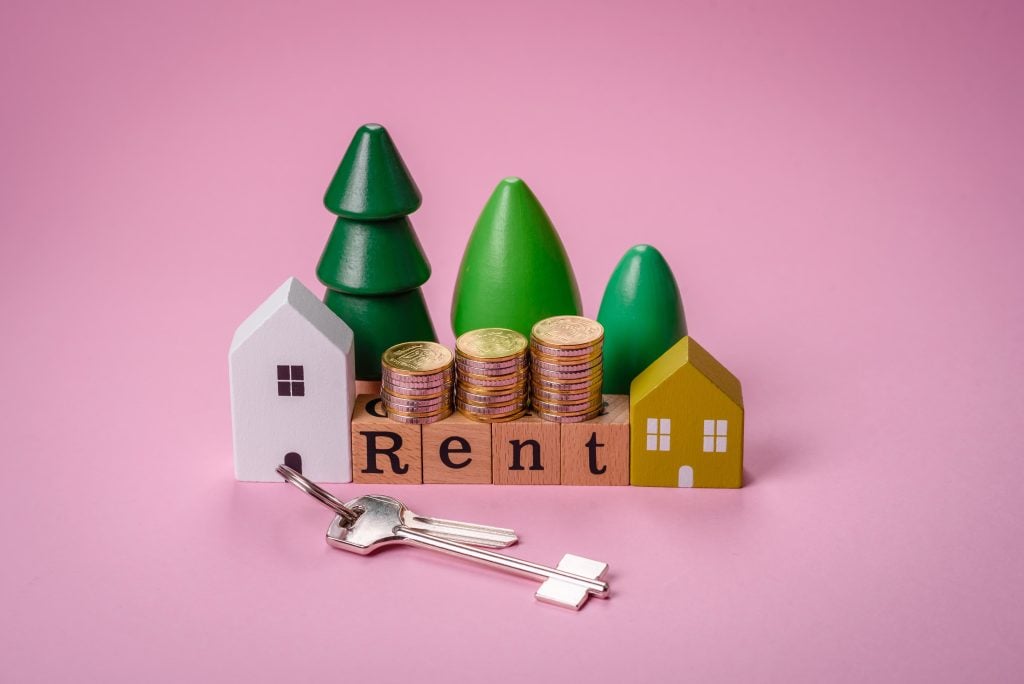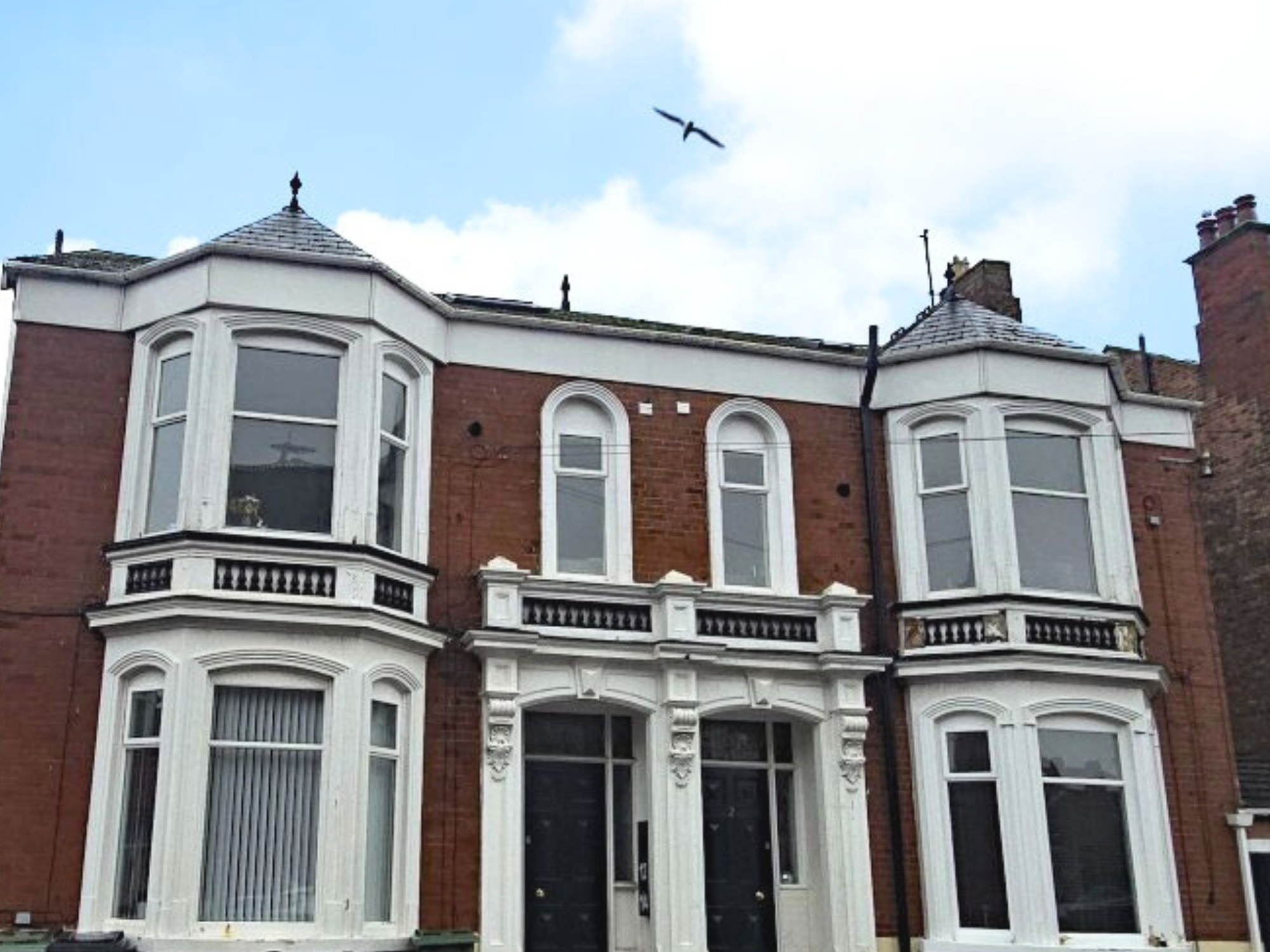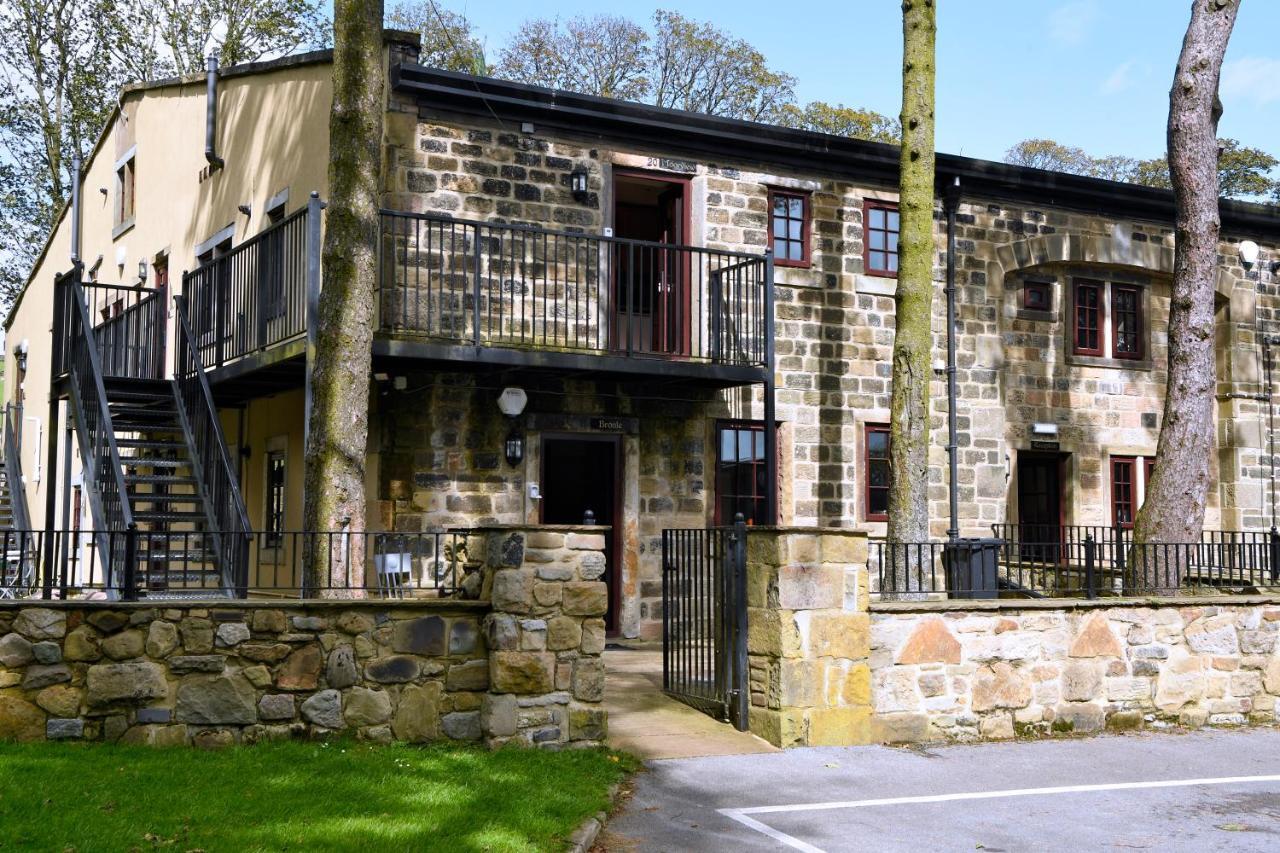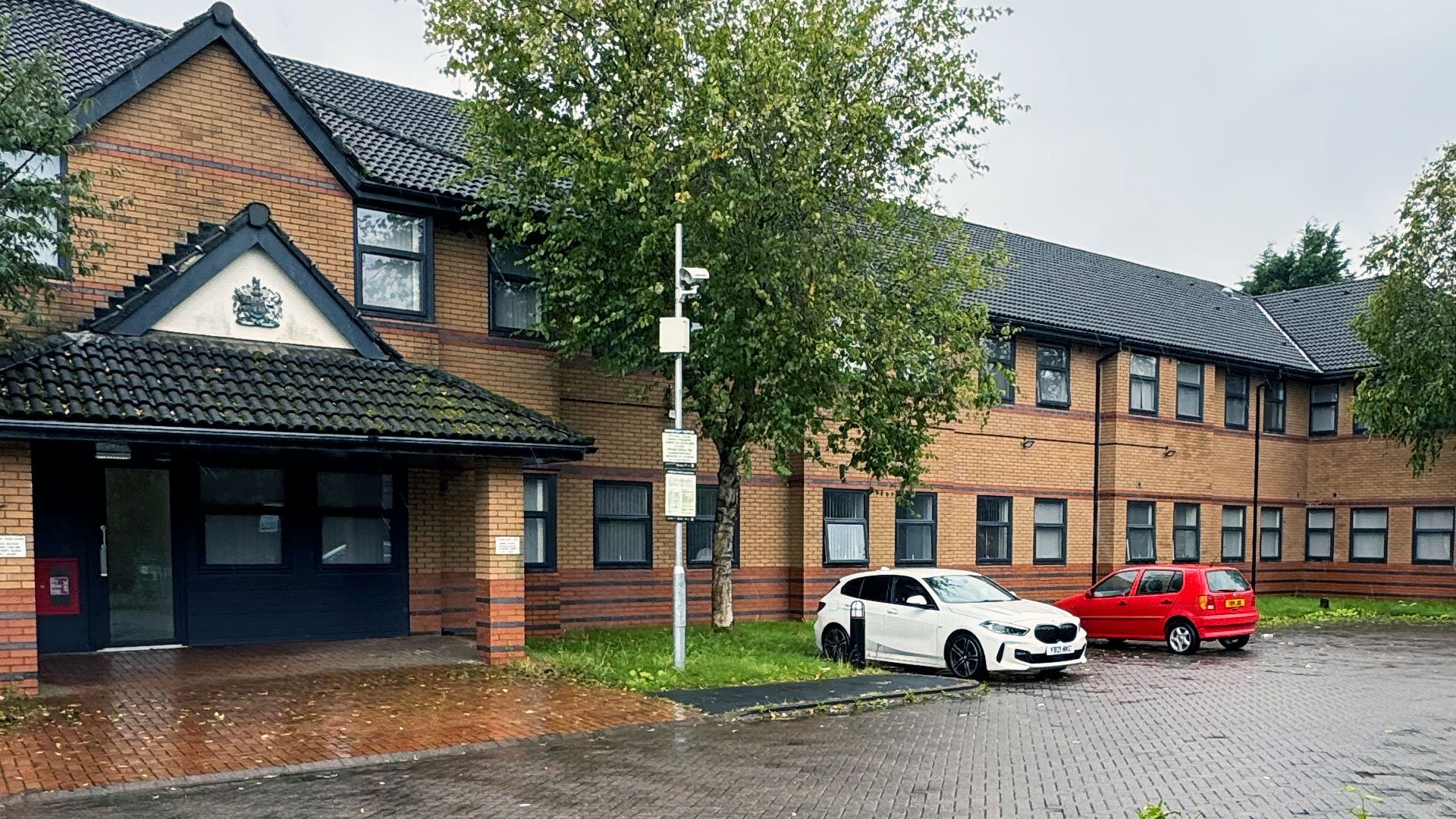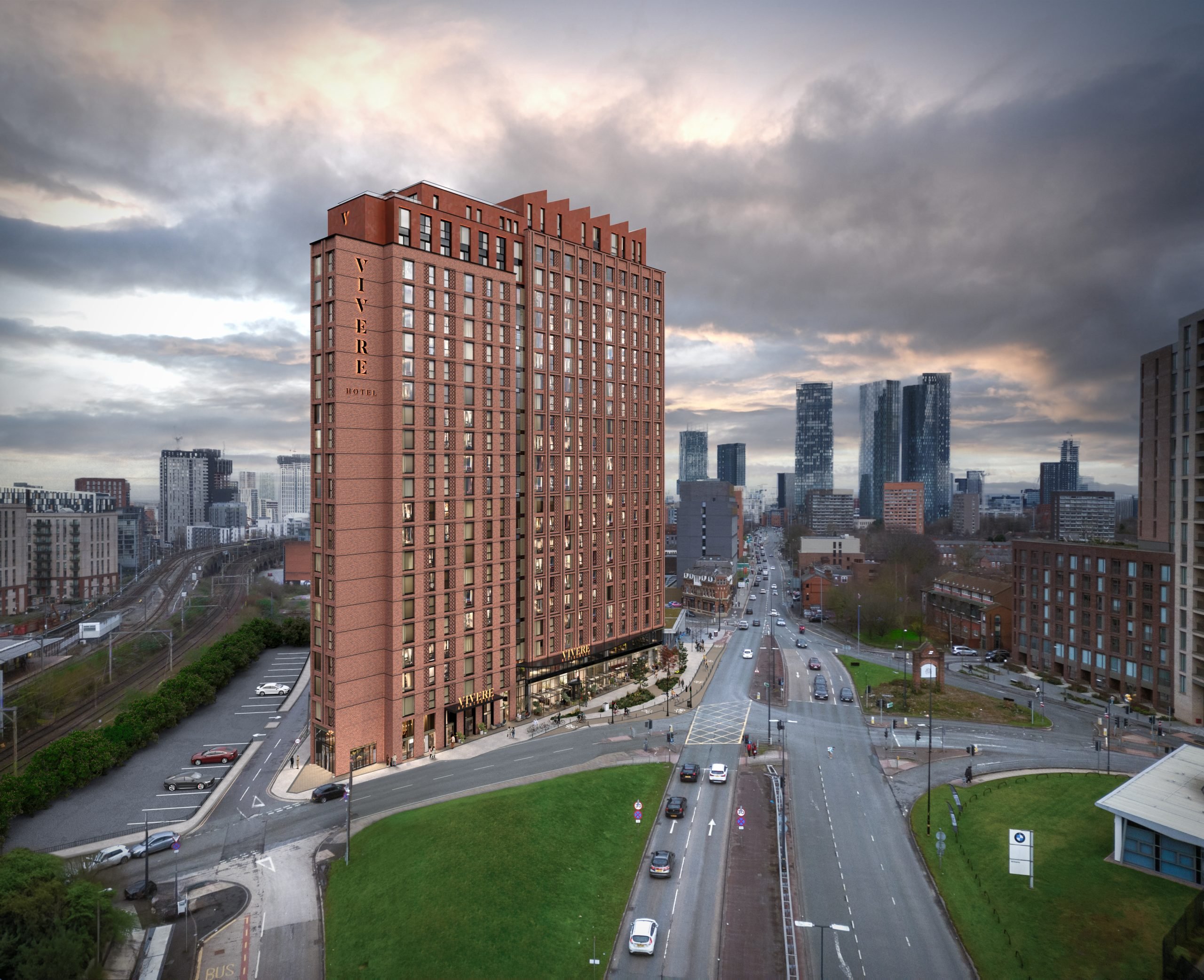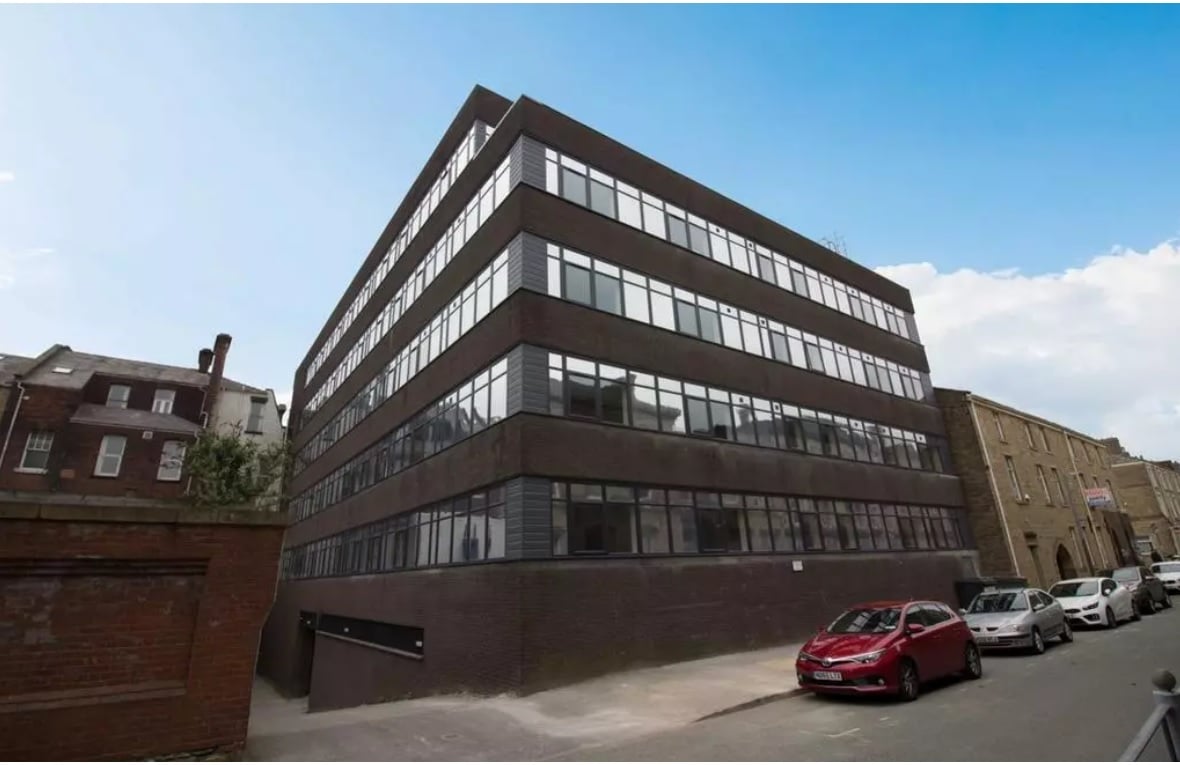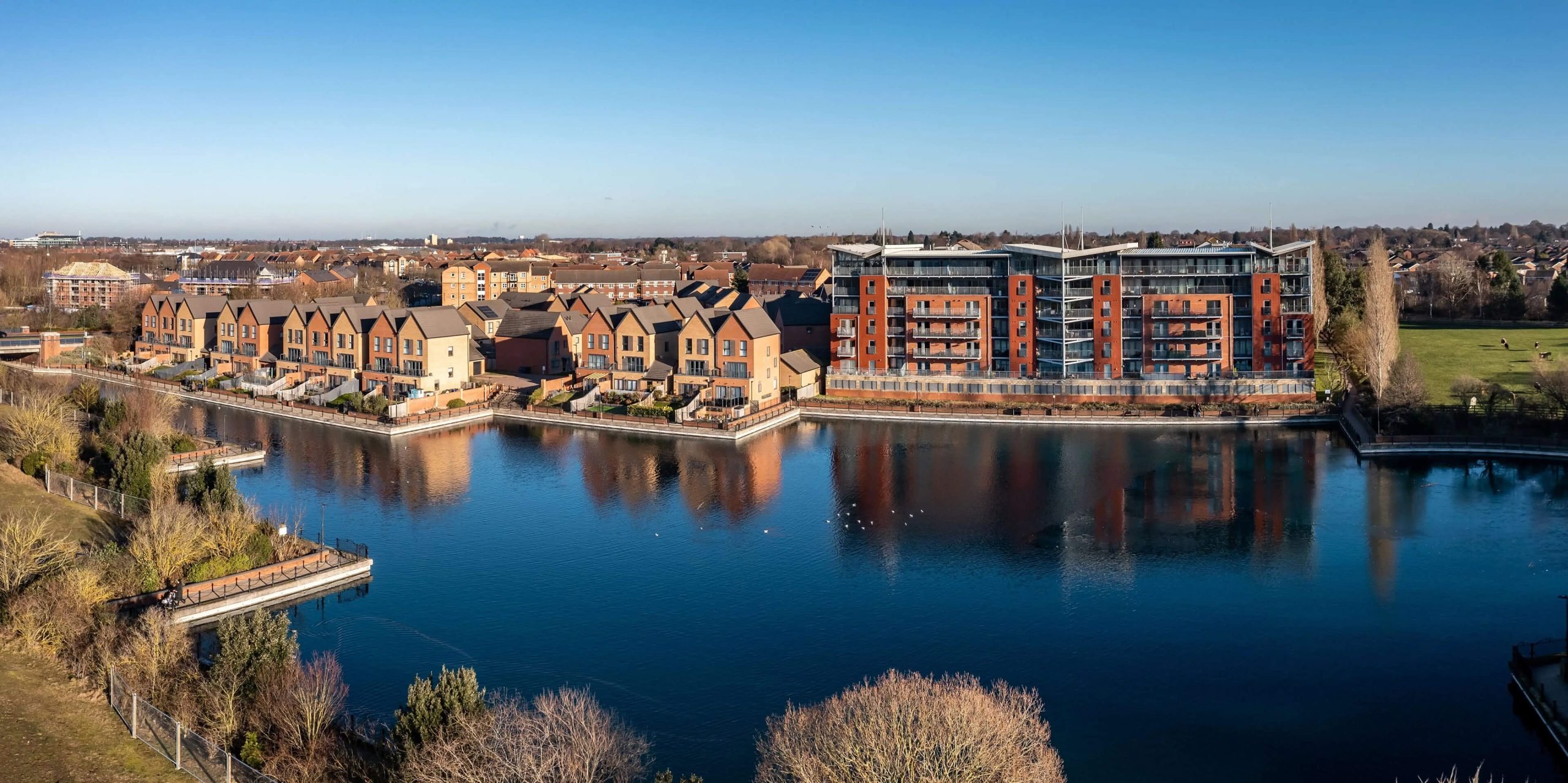So, if you are thinking about delving into the world of property investment, here are our top 10 tips for first-time property investors.
1. Research
Property investment can be very lucrative, but as with any investment you could end up losing money if you don’t do your research. At the moment, property prices are on the rise, so any investors stand to make huge gains. However, prices can fall in value too. You need to have a plan in place for that eventuality.
Some of our previous first-time investors have found it useful to speak to others who have invested in property in the past, or come along to one of our seminars, where we can answer all the questions you have.
2. Budget
You will need to determine how much you can afford to spend on an investment property. Your budget will massively impact the types of properties you can consider.
It is important to decide whether you plan on purchasing your investment property with cash or if you need to finance it. This will also determine what company you purchase from.
3. Finance
You need to consider how you are going to finance the purchase of your buy to let property. Many investors prefer to purchase their investment properties in cash, however there are still some who prefer to finance their investments with a mortgage.
It is perfectly fine to purchase a buy to let property with a mortgage. However, most lenders will want the rental payments to cover at least 125% of the repayments on the mortgage.
4. Location
When investing in a residential property, you need to choose a location where people would like to live. Location is key for prospective tenants. Will they be able to get to work easily? Are there good transport links? If you want to rent to families, it is important your property is close to local schools. If you’re renting to students, is the property commutable to universities?
Your budget will also determine where you can purchase a property. £200,000 won’t get you very far in London but will buy you a great property in the northern cities.
5. Yields
Once you have decided where you would like to invest, the next step is to determine how much you need to make from your investment to make it profitable. Remember that there is much more to purchasing an investment property than the initial cost and eventual rental payments. You need to factor in maintenance costs and what you will do if you enter a void period.
It is also worth looking at rental properties in the area you are looking to invest in and see what the rental market is like. How much are the rents for similar properties in the area?
6. Tenants
When purchasing an investment property, it is important to consider the needs of the tenants who will be living in your property. For example, if you’re looking to rent to young professionals, it is worth making sure the property has good broadband speeds.
In 2017 Knight Knox conducted a survey of 2,000 tenants to find out more about tenants’ needs. Over half of those surveyed said they would only consider a property that had an outdoor space such as a balcony, making it important to take that into consideration when choosing your buy-to-let.
7. Off-Plan
You are likely to make significant savings if you purchase a property off-plan. This is a property that is purchased before completion.
While off-plan property is generally cheaper, many investors are cautious when parting with their cash for something that isn’t completed yet. Knight Knox has put together a guide to
investing in off-plan property to help anyone who may be unsure about this investment model.
8. Track Record
One of the most important factors to consider when investing in property is to look at the track record of the companies you are thinking of investing with. As you will be spending quite a lot of money it is important that you are working with a company you can trust, and that you know have done this before.
Go online and find any reviews of the company you can. Make sure that their previous investors are happy with the service they received and would recommend them.
9. Purchase Costs
There are costs incurred when purchasing a buy to let property. For example, if you purchase with a mortgage then you may need to pay a fee to your mortgage advisor and obviously the repayments on the mortgage.
Maintenance and agents’ fees are also costs that will be deducted from your rental income. You will also need to pay Stamp Duty Land Tax on top of your property price. To find out how much you will need to pay, visit the HMRC website and use their online calculator.
10. Letting Agent
Once you have purchased your property you will need to decide if you want to manage it yourself or instruct a letting agent to do it on your behalf. Letting agents will charge you a fee, however they will deal with all maintenance and repairs for your property.
You will make more money by managing the property yourself, but you will need to contactable by your tenants at all times. It will also be your responsibility to deal with any viewings and repairs.
If you are still unsure about investing in property, contact us today to discuss things in more detail.





